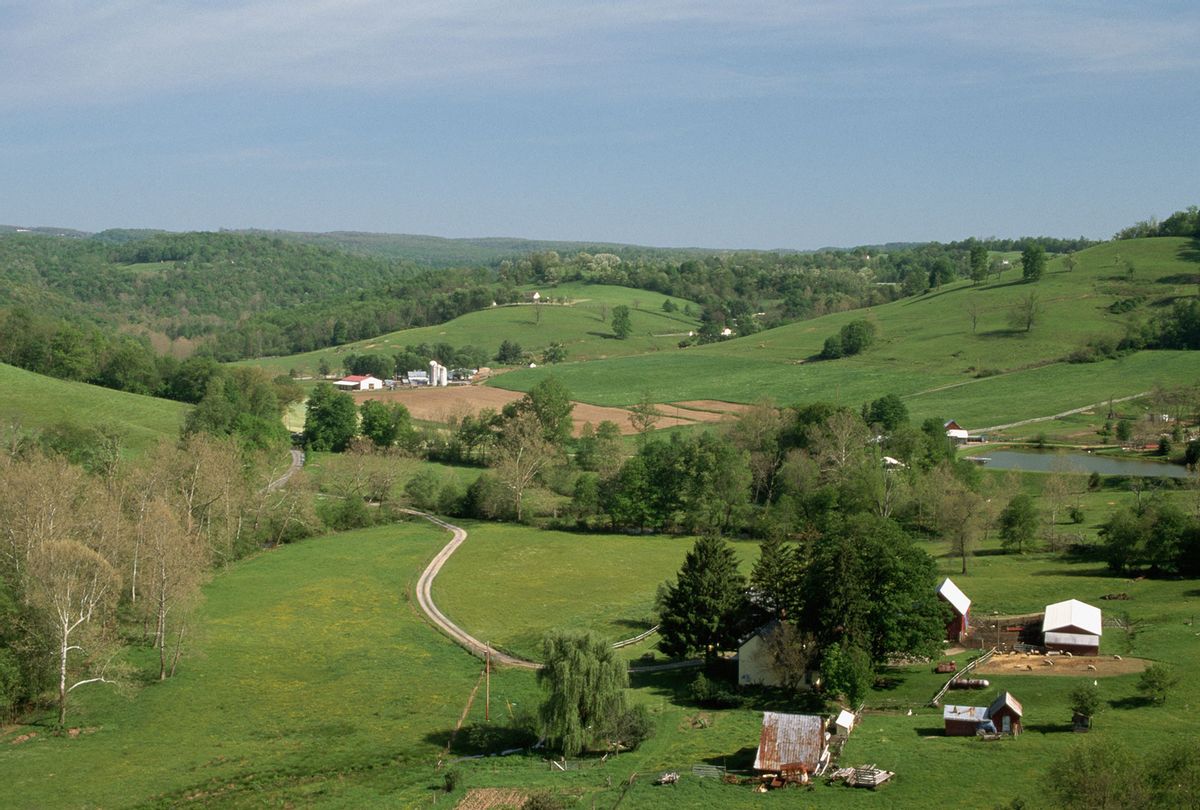The Biden administration recently invested more than $3 billion in “climate-smart” agriculture. But the program has an interesting stipulation: Black farmers and other historically underserved groups must be key participants in funded projects.
So why the focus on Black farmers? It’s been estimated that, in 1910, Black Americans owned roughly 16 million acres of U.S. farmland, mostly in the South. That land was hard-earned, and represented the triumph of Black farmers despite limited opportunities to accumulate wealth in the Reconstruction era. But as of 2017, the year of the most recent Census of Agriculture, that had dropped to only 2.9 million acres — a more than 80% decrease during that 107 year period.
This land loss is the result of many factors, which we document in our new white paper: “Black Land Loss in the United States.” From outright violence and theft to exclusion from federal aid programs, Black farmers have frequently experienced discrimination and worse from both their government and the society in which they live. Because racism is systemic and pervasive, the impacts were compounded for many landowners over the course of the 20th century: Exclusion from aid led to financial trouble, which limited Black farmers’ ability to qualify for other loans in the future. And with often little money for legal resources, Black farming families have fallen prey to a host of exploitative maneuvers from property developers and other bad actors, speeding the decline in land ownership.
Those disparities are ongoing, with even the most recent research suggesting that Black farmers get loans and other aid at lower rates than their white counterparts. Meanwhile, attempts to resolve those gaps have been met with intense hostility from some white farmers and political activists.
The loss of farmland has done more than marginalize Black farmers: It’s a stolen opportunity for Black families to build wealth, one that researchers estimate represents more than $300 billion since the early 20th century. While fully repairing that damage would require a commitment from the government that seems politically unfeasible, further Black land loss is preventable, and even reversible with policies that compensate farmers who have faced discrimination in the past and that prevent it in the future by changing the culture and operations at agencies like the USDA.
Read more about the long history of racism in U.S. agriculture, the fight for land ownership and what must be done to protect and support Black farmers in “Black Land Loss in the United States.”




Shares